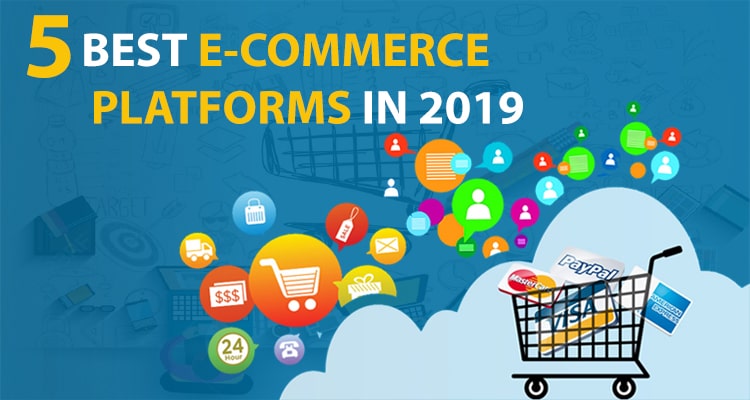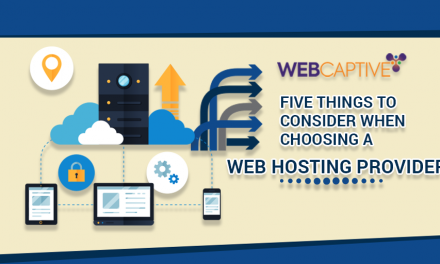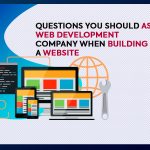Imagine that you visit a market that never sleeps. It keeps functioning even when you are not physically present. The goods keep moving effectively wherein the products will find its customers. And, ultimately, the customers will find the source to get their demand fulfilled too.
Until your goods go out of stock, it keeps moving. You would only require a place to store and present them. You would never need to break open the customer’s doors. Your customers will be knocking at your doorstep.
Do you know that this market runs 24*7 in 365 days? It is a cloud-based space for business owners and are called E-commerce platforms.
{“E-commerce is not an industry; E-commerce is a tactic.” – Tobias Lutke}
What is an E-commerce platform?
E-commerce platform is a cloud-based space to execute any form of commercial transaction through the internet. It is where the online retail transactions take place between the buyer and the seller.
Types Of E-Commerce Platforms:
Your mind may think, “It is not necessary to know the kinds of e-commerce platforms,” but please wait, there are more useful aspects that I need to know. I would discuss the types of E-commerce platforms in general though not in detail before we go into selecting the best in the market.
You can classify the e-commerce platforms into three types. They are;
i. Open source
ii. Software as a Service (SaaS)
iii. Commerce as a Service (CaaS)
An online business requires to request the e-commerce platforms to host environment. These hosted environments are of two types. They are:
i. Cloud that is hosted from elsewhere
ii. On-premise: Self-hosted on your business premises
Open Source E-Commerce Platforms
Open source e-commerce platforms are the solutions where you can modify all the aspects of the code. Development and IT heavy organizations prefer more of Open source E-commerce platforms to have better control over their e-commerce environment.
It is also an expensive option for many organizations to host their online business.
SAAS E-Commerce Platforms
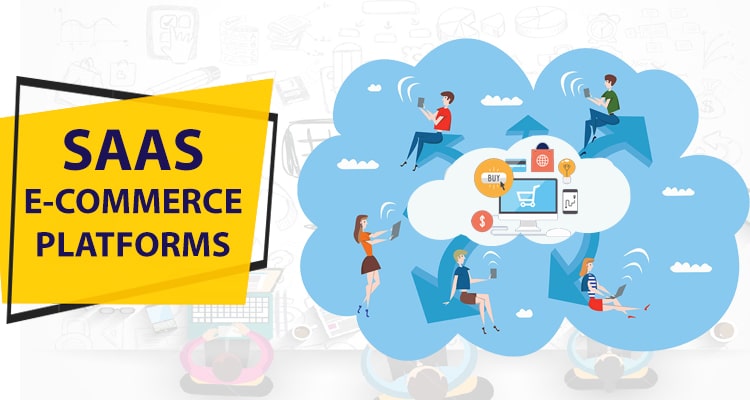
A SaaS e-commerce platform doesn’t require any unnecessary costs that are incurred while using an open source platform. It is just a rented space for the businesses. It is not only a cheaper option, but it also possesses the ability to reach the market quickly.
CAAS E-Commerce Platforms
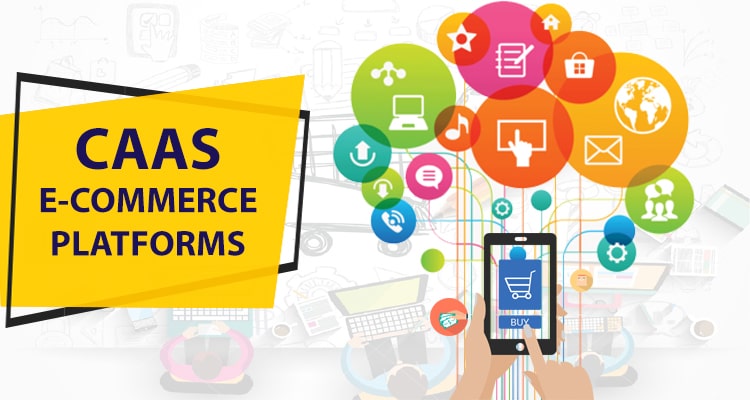
CaaS e-commerce platforms help to build your e-commerce platforms with rich content and robustness. It facilitates content management, SEO and excellent user experience without compromising the dynamic aspect of the e-commerce business hosted on this platform.
CaaS is the platform that is best suited for content-driven methods of selling products and services. It is a WordPress integrated solution for commercial purposes.
Five Best E-Commerce Platforms:
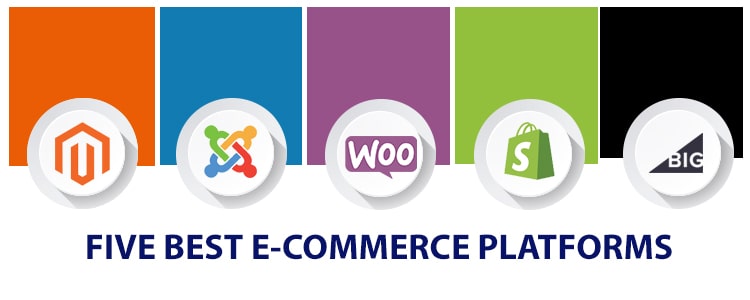
Boom! You are here. We would now be discussing the five best E-commerce platforms. They are:
Fact: US e-commerce sales are predicted to grow from $263 billion in 2013 to $414 billion in 2018. –US Department of Commerce
Magento:
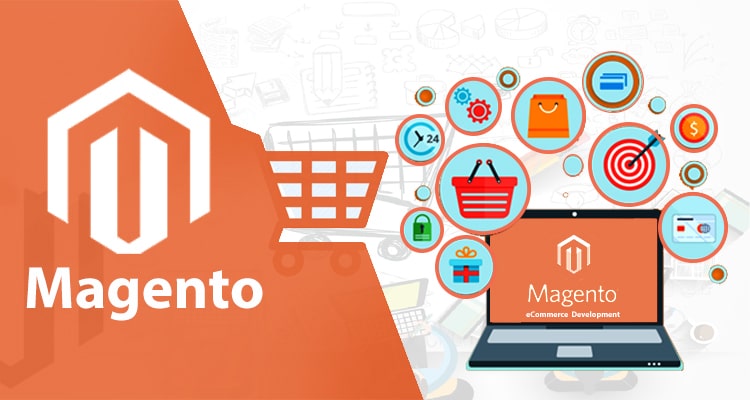
Magento is an e-commerce platform that contains a flexible shopping cart system, an easy to use content management features and functionality for running an online store with a control system over its look.
Magento is best for individuals and businesses who want Flexible, Scalable and Search Engine Friendly E-commerce platform.
Features:
1. Magento has built-in SEP tools to crawl the websites and improve your ranking on the search engine results
2. Magento has inbuilt support for multiple languages, currencies, and supports numerous payment modes
3. Magento enables users to purchase the products and check out quickly
4. Magento contains an extension library to add features to your website
Advantages:
1. Magento provides inclusive features in a much more organized manner
2. Magento updates the site automatically
3. Magento is responsive and completely mobile-friendly
4. Magento offers plenty of information for users and developers
Companies that succeeded using Magento:
1. Ford
2. Coca-Cola
3. Nike
4. Cisco Systems
Joomla:
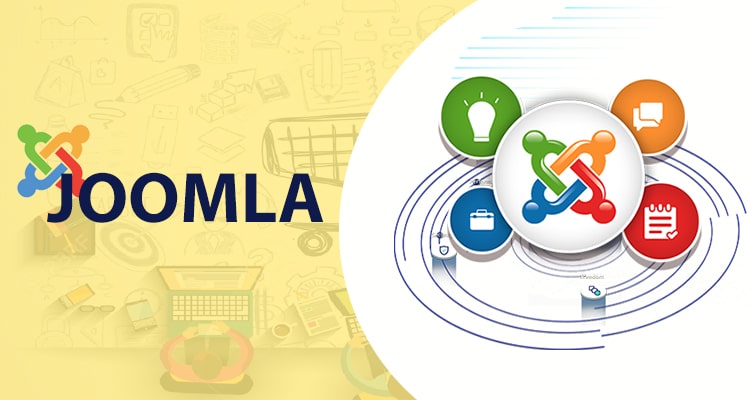
Joomla an open source website development platform that provides efficient and easy content management system. It is the middle ground between WordPress and Drupal. With Joomla, you can develop a website using PHP and other modern extensions for a well-rounded online presence.
Best for: Making a manageable website with a simple Content Management system.
Features:
1. Joomla can help you organize, archive, safeguard, rate and directly save content. It provides the facility for new users to combine text, images and format them attractively
2. Joomla supports multiple contact forms starting from individuals to groups
3. Joomla contains built-in flexibility to apply the web page template for the entire site or separate elements
4. Joomla has a built-in feature that supports multilingual websites without any external plugins
Advantages:
1. Joomla helps you develop dynamic websites effectively
2. Joomla enables you to build a multilingual online store without any external help
3. Joomla has extensions that boost the website security and save sites from SQL injections and XSS attacks
4. Joomla has more than 8000 plus plugins to extend your website functionality
Companies that use Joomla:
1. eBay
2. General Electric
3. IKEA
4. Holiday Inn
WooCommerce:
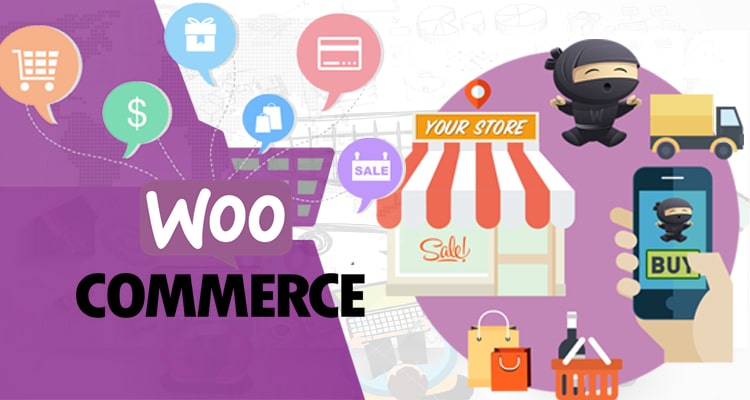
WooCommerce is a functional extension from WordPress that was founded by Woothemes in 2011. They add in order processing, shopping cart, and basic product management. You can easily create your first online store with multiple functionalities on this e-commerce platform. It is an open source and requires some professional skills to work in it. Therefore, you would need your web host for using WooCommerce.
Best for: Providing multi-tasking e-commerce website
Features:
1. WooCommerce has the capability to create online stores in a short time period
2. WooCommerce enables the selling of products/inventory worldwide
3. WooCommerce enables you to run your store on your server
4. WooCommerce has the highest degree of flexibility and customization for running an online store
Advantages:
1. WooCommerce covers the merchants to do the analytics for their online store conveniently
2. WooCommerce provides free extensions that help to build applications like payment gateways, accounting, marketing, reporting and so on
3. WooCommerce can integrate with over 400 applications for managing inventory and shipping
4. WooCommerce is one of the best options to monetize a website
Websites developed on WooCommerce:
1. com bookstore
2. Internet archive store
3. The Spectator magazine shop
4. Printing NewYork
Want an in-depth article on digital marketing? Get it right away.
Shopify:
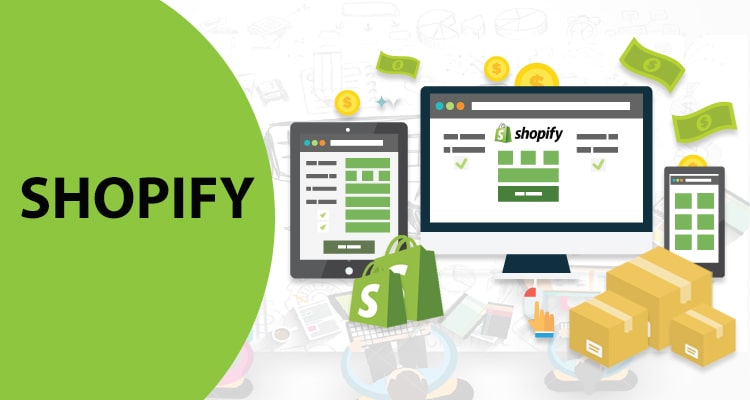
Shopify is an e-commerce platform to set an online store for selling products and services to the audiences worldwide. It is one of best leading e-commerce platforms for businesses of all sizes and genres. It is a cloud-based SaaS shopping cart solution.
Best for: Ease of use
Features:
1. Shopify provides a secure and faster hosting. It accommodates all the spikes in traffic and safeguards software updates
2. Shopify has a mobile-responsive customizable theme
3. Shopify has powerful SEO features with advanced analytics and provides access to a vast range of marketing tools
4. Shopify offers multiple payment gateway options
Advantages:
1. Shopify provides the abandoned cart checkout recovery that helps you to track the emails of potential customers and remind them of the pending purchase
2. Shopify provides instant customer service available for 24*365 days
3. Shopify takes care of PCI compliance for credit cards and includes SSL certificate for a secure connection
4. Shopify provides server maintenance and upgrades. It helps your shopping cart and e-store to load quickly
Companies that succeeded with BigCommerce:
1. Uppercase magazine
2. Oreo cookies
3. Tesla
4. Nestle
5. Red Bull
BigCommerce:
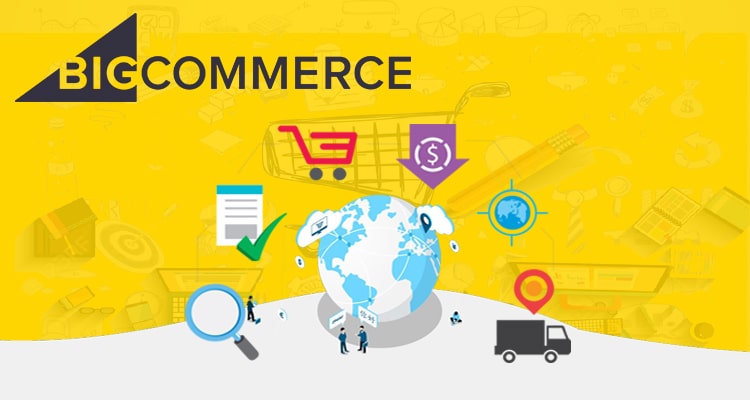
BigCommerce is a do it yourself kind of e-commerce platform. It has all-inclusive tools useful for building an online identity. It is the best alternative for those who want to manage a small or a mid-sized online store. BigCommerce is the best replacement for Shopify.
Best for: Multiple website theme choices
Features:
1. BigCommerce provides 30-day free trial to explore the features that maybe good or bad of the business
2. BigCommerce is responsive, and offers multiple choices to customize the sites with mobile-friendly themes
3. BigCommerce gives the facility to connect through product syndication and shopping theme websites
4. BigCommerce contains SEO tools to boost up the Search engine rankings. It can integrate with the latest third-party software and marketing tools like MailChimp, flexible API, iDevAffiliate, iContact, oLark and so on
Advantages:
1. BigCommerce provides the facility to sell your products on multiple shopping sites like Shopzilla, PriceGrabber, and eBay
2. BigCommerce sets auto-optimized URLs and titles to your pages. Each page contains the information to add SEO manually
3. BigCommerce offers secure facilities and interfaces for the inventory management of a specific product
4. BigCommerce has abandoned shopping cart feature that reminds the customers to buy the products that they had added to cart but not checked out
5. BigCommerce has three-layer security and firewalls to protect your website. It also makes sure that all transactions are PCI compliant
Thinking of having your own website? Get a quote now!
Companies that succeeded using BigCommerce:
1. PayPal
2. Hush Puppies
3. Skullcandy
4. Toyota
5. Motorola
Conclusion:
Almost everything that matters while considering the best e-commerce platform to build your online store has been mentioned in this article. Moreover, my intention was to keep things simple yet informative enough for you to understand the necessary components of the various platforms for your cloud-based commercial space. Choose the best one from these e-commerce platforms to run your business and trust me you will be glad you did.
{Communications is at the heart of e-commerce. -Meg Whitman, former CEO, eBay}
To get profit-earning e-commerce friendly websites designed, get in touch with us through: [email protected]

